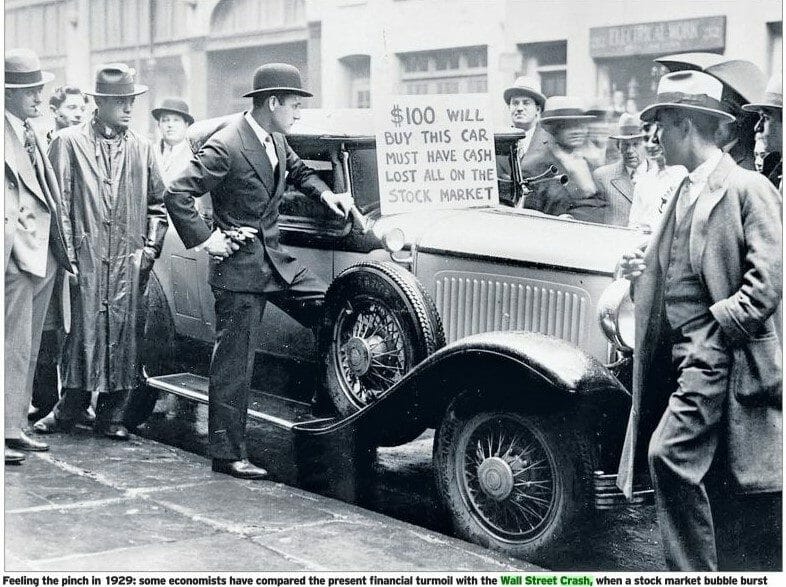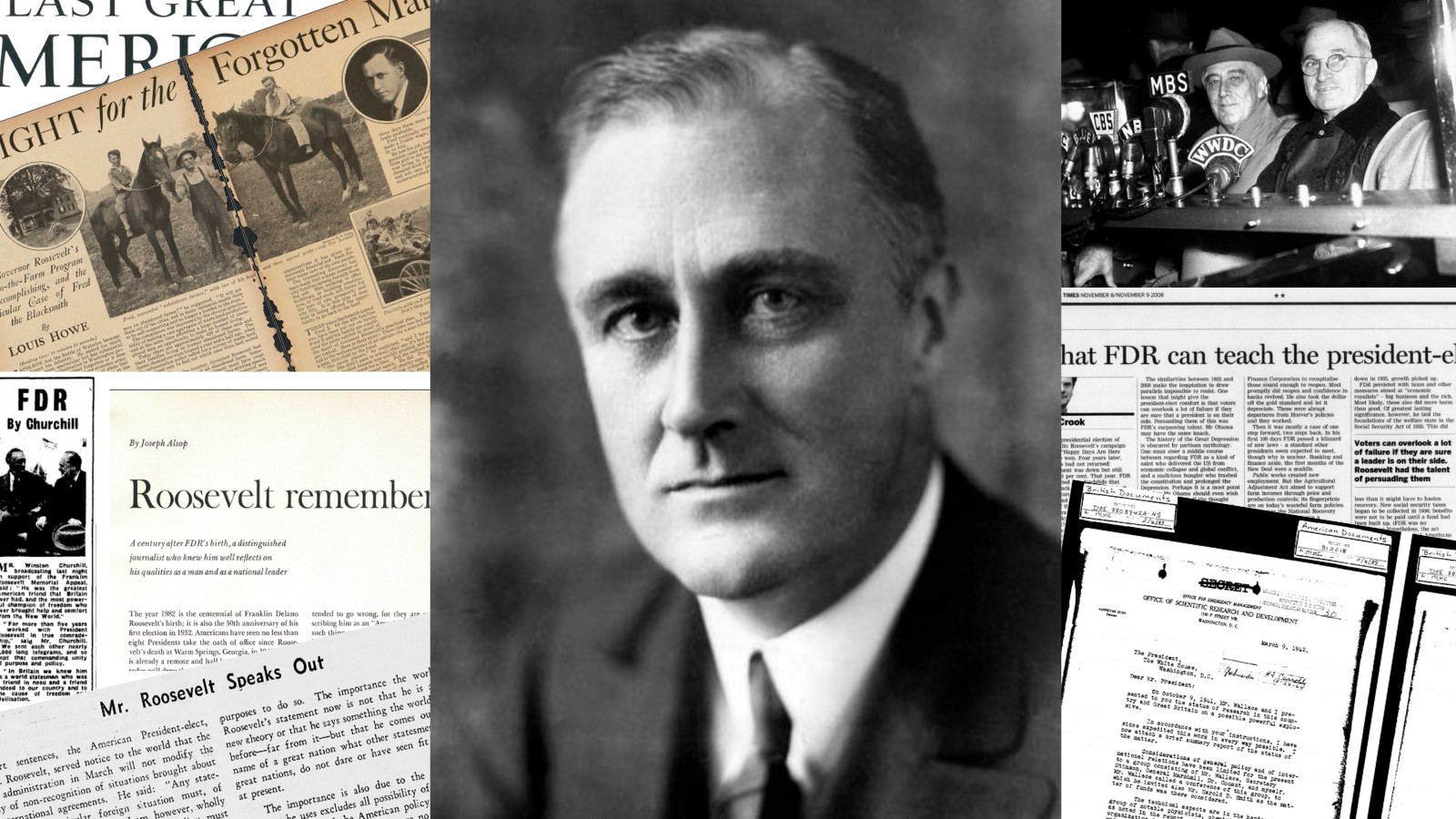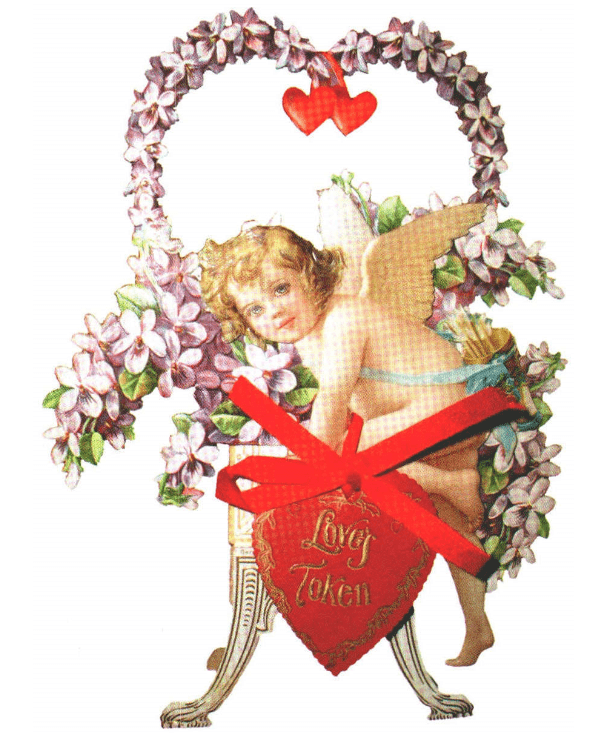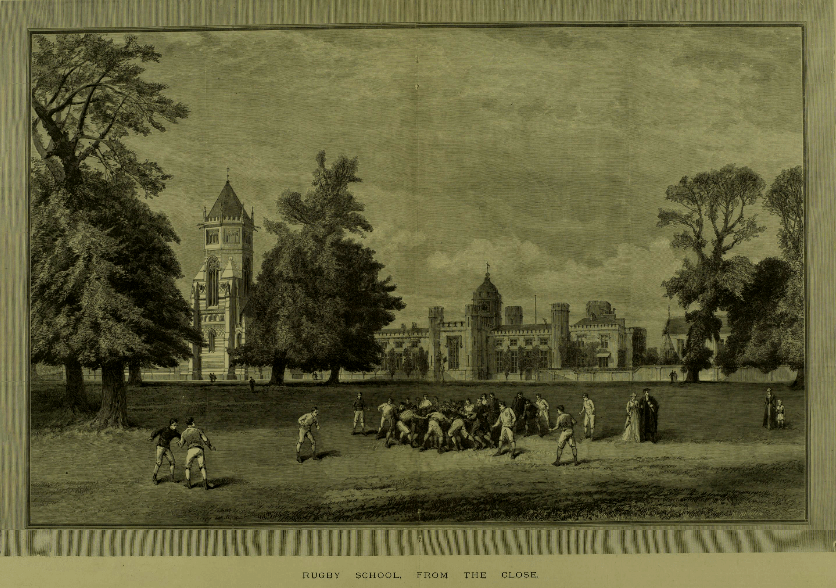│By Tom English, Gale Field Sales Executive – North UK │
I recently enjoyed reading three excellent books on Franklin Delano Roosevelt (FDR), 32nd President of the United States: Jean Edward Smith’s single-volume biography, FDR, which provides an excellent overview of his life and presidency; David B. Woolner’s The Last 100 Days: FDR at War and at Peace, which gives an incisive and detailed account of the final days of his life, including negotiations with Stalin and Churchill at Yalta and his fight to the end to build international institutions to prevent future wars; and Susan Dunn’s A Blueprint for War: FDR and the Hundred Days that Mobilized America, which tells the story of how FDR outmanoeuvred those who opposed America’s support for Britain and Russia in WWII.
Having thoroughly enjoyed the secondary sources on FDR, I thought that I’d delve into Gale Primary Sources to see what’s there…






